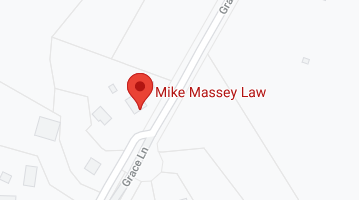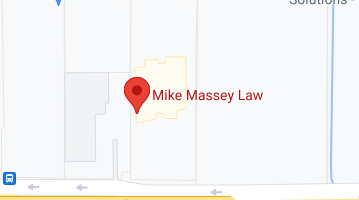Estate planning encompasses a range of critical decisions, each designed to protect your interests and provide for your loved ones. Among these decisions, appointing a power of attorney (POA) agent is vital to ensure someone you trust can make financial and medical decisions on your behalf should you become unable to do so. However, a common oversight is neglecting to name a backup POA agent. In this blog, we explore the potential legal and personal pitfalls of not designating a backup POA agent, emphasizing the importance of thorough and thoughtful planning.
Understanding the Role of a Power of Attorney Agent:
A power of attorney agent is an individual you appoint to act on your behalf if you become incapacitated. This individual is granted legal authority to manage financial, medical, and legal matters according to your wishes.
1. The Risk of Unforeseen Circumstances:
Life is unpredictable, and even the most meticulously planned scenarios can take unexpected turns. If your primary POA agent becomes unavailable due to illness, death, or any other reason, not having a backup agent can leave you vulnerable and your affairs unattended.
2. Financial and Legal Implications:
Without a designated backup POA agent, your financial and legal matters could be left in limbo. This can lead to delayed bill payments, financial mismanagement, and potential legal complications that may arise due to your inability to make decisions.
3. Medical Decision-Making:
In the realm of medical power of attorney, not having a backup agent can be particularly problematic. In the event of a medical emergency, quick decisions might be required. Without a backup agent, critical medical choices may be delayed or made without your explicit wishes.
4. Family Conflicts and Court Interventions:
The absence of a designated backup POA agent can create family conflicts and disagreements about who should assume the role. If no suitable backup is available, family members might end up seeking court intervention to appoint a guardian or conservator, a process that can be time-consuming, costly, and emotionally draining.
5. Protecting Your Interests:
Appointing a backup POA agent is a proactive measure to safeguard your interests and ensure your affairs are handled with care and according to your wishes, regardless of the circumstances.
6. Choosing a Backup Agent:
Selecting a backup POA agent requires careful consideration. This individual should be someone you trust implicitly, who is capable of making important decisions on your behalf, and who is willing to take on the responsibility if the need arises.
7. Legal Documentation:
When designating a backup POA agent, ensure that the legal documentation clearly outlines the primary and secondary agents’ roles, responsibilities, and decision-making authority. Legal clarity can help prevent misunderstandings and conflicts.
In conclusion, the oversight of not naming a backup power of attorney agent can lead to significant legal and personal challenges. Comprehensive estate planning requires anticipating potential scenarios and making thoughtful decisions that protect your interests and the well-being of your loved ones. By designating a backup POA agent, you can ensure that your wishes are respected, your affairs are managed appropriately, and your loved ones are spared the complexities of uncertainty during challenging times.
For help with Texas Estate Planning for Wills, Living Trusts (AKA Revocable Trusts, Family Trusts, RLT’s, Revocable Living Trusts), Powers of Attorney, etc., you may contact Mike Massey Law with offices presently in Austin and Houston Texas at www.mytxwills.com or 888-407-2407





 512-400-4430
512-400-4430 mike@mytxwills.com
mike@mytxwills.com




